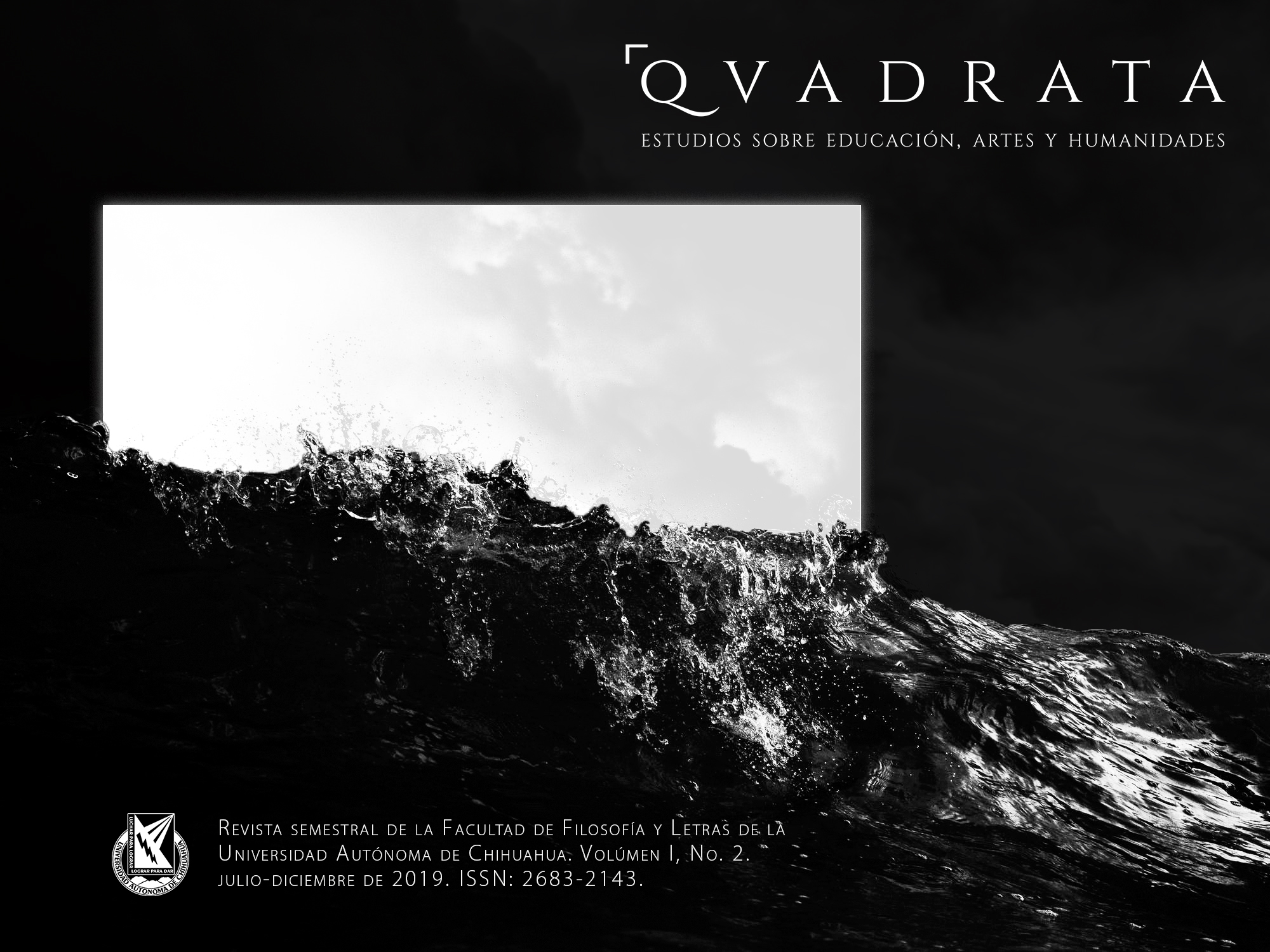Wewetlakameh. Social representations of the Council of Elders in Hueycuatitla, Veracruz/México.
Keywords:
wewetlakameh, council, elders, social representations, social actors, indigenous.Abstract
This work is the result of a research developed in the field of anthropology, focused on the social actors of the community of Hueycuatitla, Veracruz, Mexico. Based on the theory of social representations (TRS in Spanish) (Moscovici 17), it is exposed how a community from Veracruz represents the Council of Elders, a type of ancient organization of the indigenous government to resolve conflicts and problems of the community. Due to the variety of techniques, it is based on a multi-methodological proposal (Abric 31); a qualitative method is approached with the use of several research techniques: photographs and observation, as part of the ethnographic evidence of the study, and interviews conducted in the Nahuatl language. The analysis of the three techniques allowed to undertake the study and interpretation of social representations, based on three dimensions of analysis: information, attitude and field of representation (Moscovici 45-46); at the same time, based on a process or structural pole (Banchs 74). The purpose is to account for the structure of social representations built by a group of Nahuatls indigenous about the Council of Elders in the community of Hueycuatitla, as part of a context where traditional forms of self-government and social order persist.





 QVADRATA. Estudios sobre Educación, Artes y Humanidades año V, número 9, enero-junio de 2023, es una publicación semestral editada por la Universidad Autónoma de Chihuahua. Calle Escorza #900. C.P. 31000, Chihuahua, Chih. Tel. (614) 439-1500 ext. 3844,
QVADRATA. Estudios sobre Educación, Artes y Humanidades año V, número 9, enero-junio de 2023, es una publicación semestral editada por la Universidad Autónoma de Chihuahua. Calle Escorza #900. C.P. 31000, Chihuahua, Chih. Tel. (614) 439-1500 ext. 3844, 
